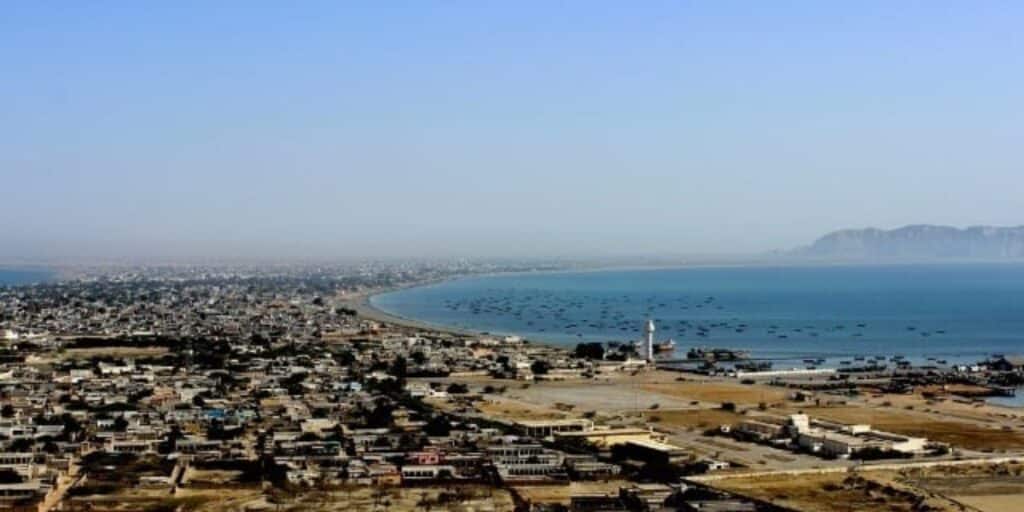GWADAR: The government of Pakistan has officially initiated the Gwadar Safe City Project, a major step toward transforming the strategically important port city into a secure, modern urban center.
With Gwadar emerging as a key node under the China-Pakistan Economic Corridor (CPEC), the project is designed to address growing security needs, support economic activity, and improve urban management through advanced technology.
So far, around 30 percent of the project has been completed, with authorities aiming to finish the remaining work by June 2026.
The project includes the installation of high-definition surveillance cameras, the development of state-of-the-art command and control centers, and the implementation of smart city infrastructure.
These upgrades will provide real-time monitoring of public areas, support faster emergency response, and enable more effective crime prevention.
The surveillance system will cover key intersections, entry and exit points, sensitive areas, and commercial zones across the city.
All feeds will be connected to a centralized command center, where trained staff will monitor activities and coordinate with law enforcement agencies.
Additionally, the city will be equipped with modern tools such as traffic sensors, facial recognition systems, smart streetlights, and automated alert mechanisms to enhance safety and operational efficiency.
Given Gwadar’s growing relevance in regional trade and connectivity, especially due to increased port activity and investment inflows under CPEC, the Safe City Project holds immense importance.
Authorities believe it will not only bolster security but also make Gwadar more attractive to investors, tourists, and residents alike.
Experts view this initiative as a turning point in Gwadar’s development, bringing together technology, security, and governance to shape it into a fully functional, future-ready port city.
ALSO READ: Ferry Service to Start Between Karachi and Gwadar
Once completed, the Safe City Project is expected to play a crucial role in safeguarding infrastructure, facilitating economic progress, and ensuring long-term peace and stability in the region.





